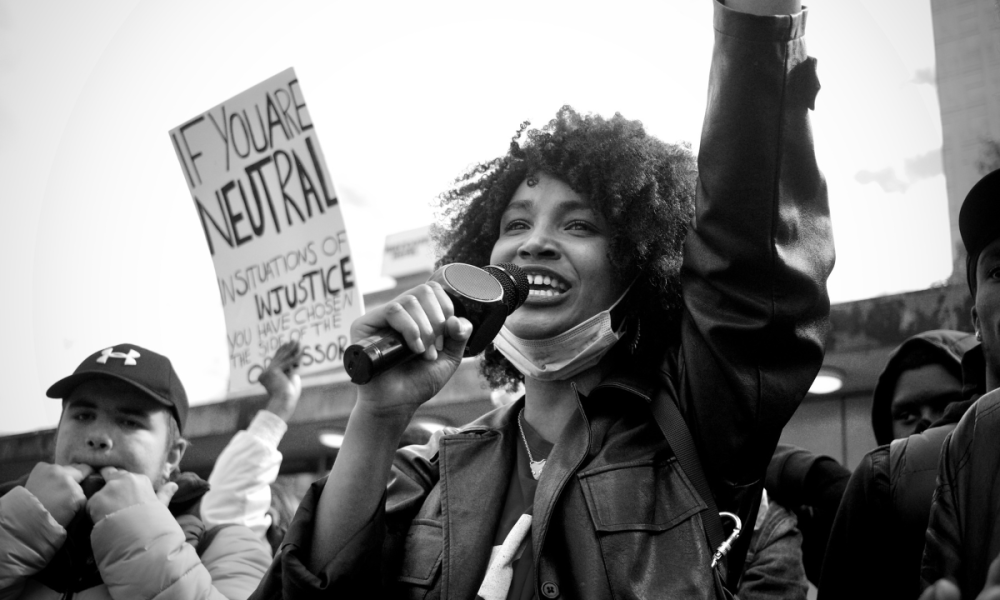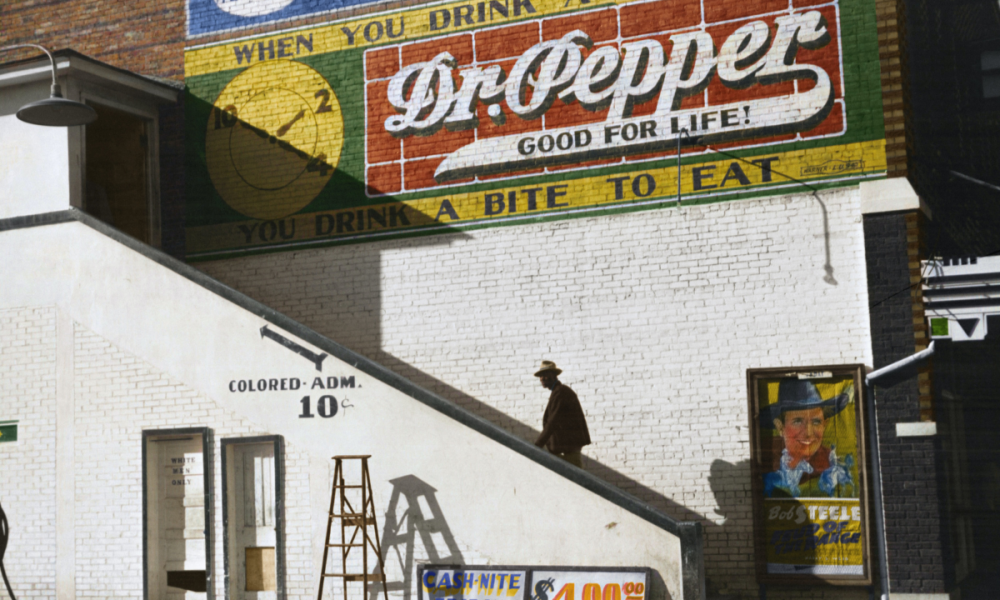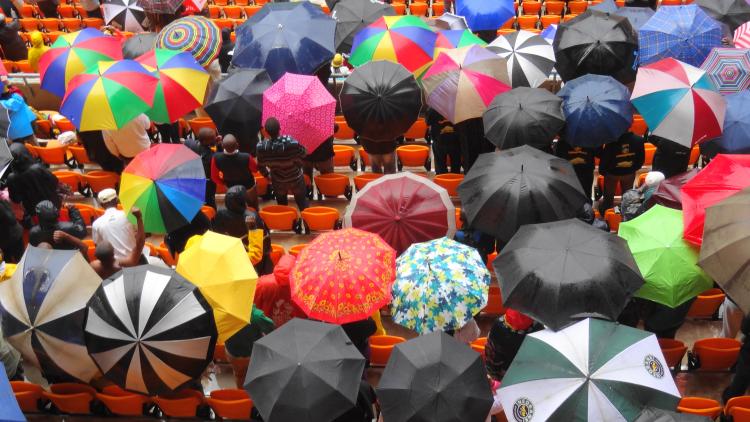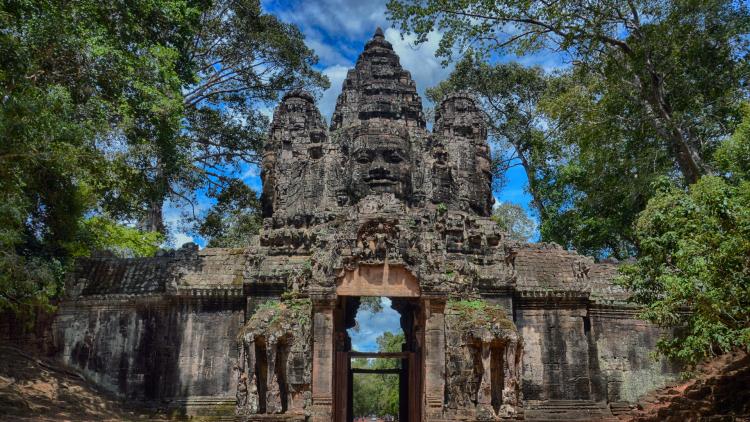Why are we still labelling it “Black” History Month in 2022?
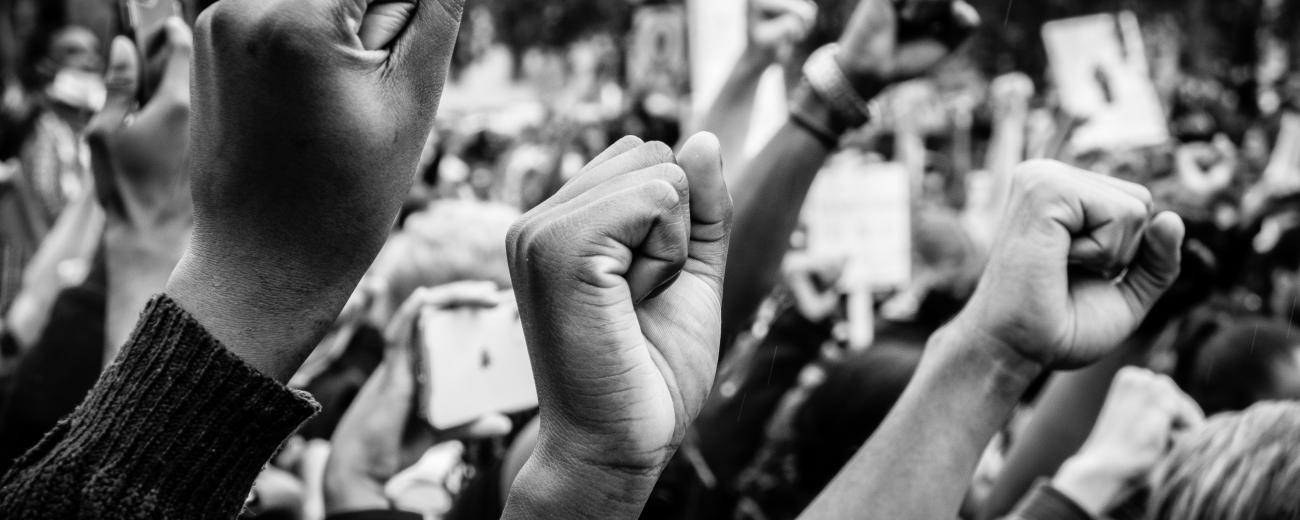

Black History Month was born in the US and was quickly recognised as a symbol of progress across the globe, especially in Western countries whose wealth, scholarship and social practices are largely rooted in the trade of African labour and colonialism. Similarly, as Great Britain also decided to open up about its (troubled) imperial past, African and Afro-Caribbean lives and their extraordinary contributions to British history have become gradually more celebrated across the country. October is bursting with decolonial programs in various subject matters, art exhibitions and academic lectures, all aimed at influencing our imagination to help build a brighter future together and for all.
Indeed, the production of knowledge in the humanities, social sciences, iconography, and art history is being reviewed and enriched by the efforts of both private and public interests to shed some light on the last 500 years of presence from our African comrades in our lands, so that we can all grow to become a more complete version of ourselves. And what a tremendous amount of knowledge has been disclosed and shared ever since. We should be proud.
Why is there no Black History Month in France?
Yet, the French example poses a problem. A celebration of Black lives in Western countries as an opportunity to think about how to do things differently may seem desirable to effect social progress. But in France, the idea of a Black History Month simply did not take. Why? Mainly because of one single idiomatic century-old argument. The word “race” was finally removed from the French constitution in 2018 because, in short, keeping it would validate an unethical social construct (based on skin tones), which is known systemically to lead to stigmatisation, exclusion and radicalisation. For that reason, there are no ethnicity-based stats in France, and it is even against the law.
But the COVID crisis has changed the game: everybody has been through a period of looking at their lives. We were home for two years, we experienced collective grief and realised nothing should ever be taken for granted: privilege, opportunities, communities, nature. And this goes as well for 2022's British Black History Month. While the political and social value of collecting ethnicity-based stats in the UK vs the lack of it in France is a worthwhile debate, it feels only natural to ask ourselves today whether the French may have a valid point on the matter here.
What’s in a name?
What if the practice of naming Black things, far from helping to break the walls, real or imagined, between us, was a de facto agent of the status quo? And instead of getting us more together, it maintains the empathy gap between communities, the named ones and the unnamed one, the norm vs the others?
Let’s have that discussion, with no stats attached, shall we?
Humanity may share the same history, but we hold to different memories of it. To that end, Black History Month comes out as a brave testament to decolonise our understanding of history, especially in contrast to the significant efforts deployed within the colonial and post-colonial period to explain, normalise and maintain the status quo. However, by naming it “Black History Month” it immediately creates an alternate set of truths and another set of history to be considered in contrast to another unnamed history. So, then people can decide to ignore, fetishize or tokenise that other set of history, since it may not be addressed to them specifically.
Bluntly put, people who believe they are white (Ta-Nehisi Coates, 2015) can decide to ignore, use, or buy into Black labelled things as you do with a commodity without having to question their very own belief of being white and the social damages attached to it (from labelling to stigmatisation and depoliticization). In other words, although the “Black label” may sound attractive perhaps from a marketing perspective because it makes perfect (disingenuous) business sense or from a social perspective as it seems to solve a racial prejudice – simply because now a racialized population reduced to one label find some comfort in reclaiming this label to their own benefits in order to gain visibility.
The empathy gap
However, it also clearly ignores its meaning in the context of a social system rooted in a “sloppy, partial, racially biased white scholarship that masquerades as objective and canonical knowledge” (Chambers, 2018), and consequently results in more empathy gaps. Empathy gaps are when people have a harder time relating to someone who does not look like them. This is completely human, and naming Black things amplifies it by validating a social convention in which it is acceptable for non-Black folks to enjoy the privilege of the status quo built upon biased memories of the histories, without feeling the urge to question its prejudice.
More recently, the Ukrainian conflict gave us an extreme “reversed” yet hurtful demonstration of the impact of unquestioned biased memories translating this time into the practice of naming “white” things. In February (US BHM) 2022, we realised that most Western country leaders believe white Christians deserve more rescuing than other communities. In the public sphere, the sympathetic response to the Ukrainian refugee crisis seemed more forthcoming, direct, and immediate in comparison to the responses to other refugee crises around the world. This can be seen as an example of egoistic altruism. While recognising the human suffering of all refugee crises, egoistic altruism is a dangerous nonsense that seems to co-habit nicely with the practice of Black labelling things, people, culture…
What’s missing from the label?
We understand now that by naming “Black” what may have been missing from history books and focusing on Black successes and achievements, although coming from a good intent, we are most likely tokenising specific Black stories in lieu of real inclusive social practices whilst in parallel rendering invisible or inconsequential the struggle and abuse racialised people are enduring in real life within and outside our national territory.
Thinking about how we could move from a practice of naming Black things to a culture where things do not have to be named and defined in contrast to the very documented, very heavy and established, racially biased white scholarship. One suggestion could be to start un-naming these things while instead humbly continuing to recontextualise what we may already know from our partial and racially biased history and focusing on what was missing there in the first place, in order to this time, deliberately, finally, collectively, work to enrich our oh so incomplete British history. “On both sides of the seas and the sands where the slave trade has traced and where these slaveries grew up, all shared memories are the guarantee that we will strive to reverse the chasms” – Edouard Glissant, 1997.
Here are links to break the walls, reduce our empathy gap and build bridges:
- Afrori Library Brighton – the one library in the UK dedicated to black authors
- The Amber Ruffin Show – Empathy Gap and the Little Mermaid Rant
- Edouar Glissant – The Poetics of Relation (1997), University of Michigan Press
- Eddie Chambers – The Difficulty of Naming White Things (2012), Duke University press
- Norwich’s Sainsbury Center: A new exhibition looking at how the West created the fantasy of Ancient Egypt
- Penguin - Writing Back Collection
- The Woman King – Historical Fiction, an article from the Guardian
- Trevor Noah – Ukraine Conflict Western Visible Sub-alternism of African Lives
- WachArt – Altruistic Art Movement
About the author
JJ aka Jean Jules Wachter is Afropean (more specifically French Afro-Caribbean from Jewish descent) and currently a part-time, second year MA Social Anthropology student. He moved to London for work after graduating with an MBA in Banking and Insurance in 2010 and is the Founder of the Altruistic Art World Group, a nonprofit (in creation) aiming at using anthropology and art to explore cultural convergences and build bridges.
